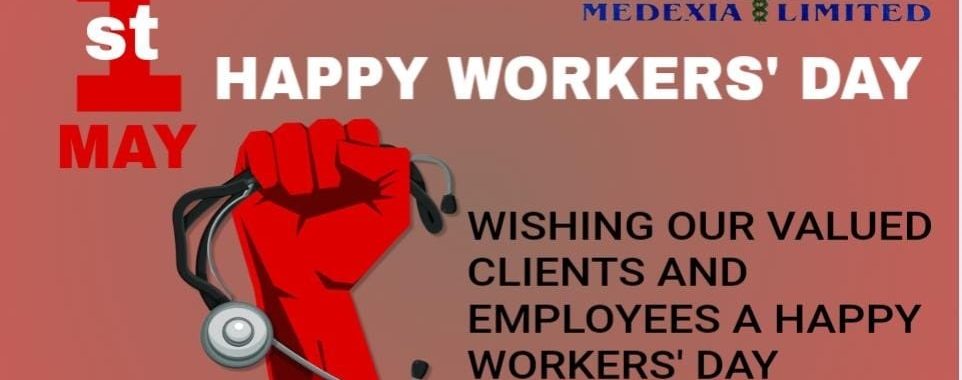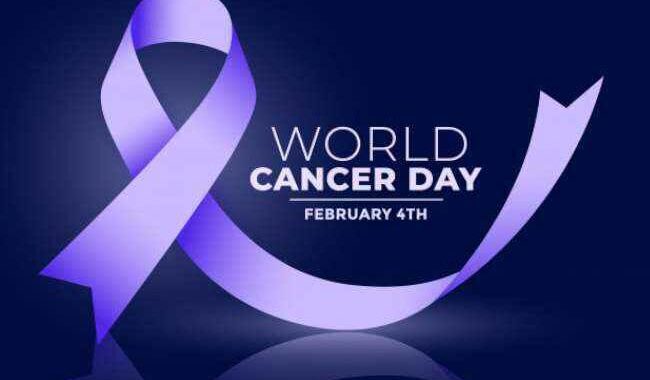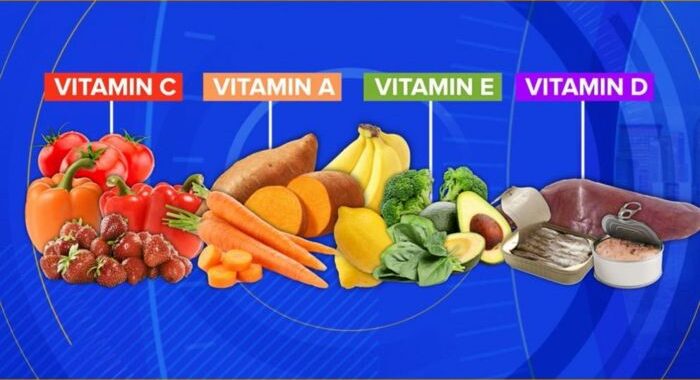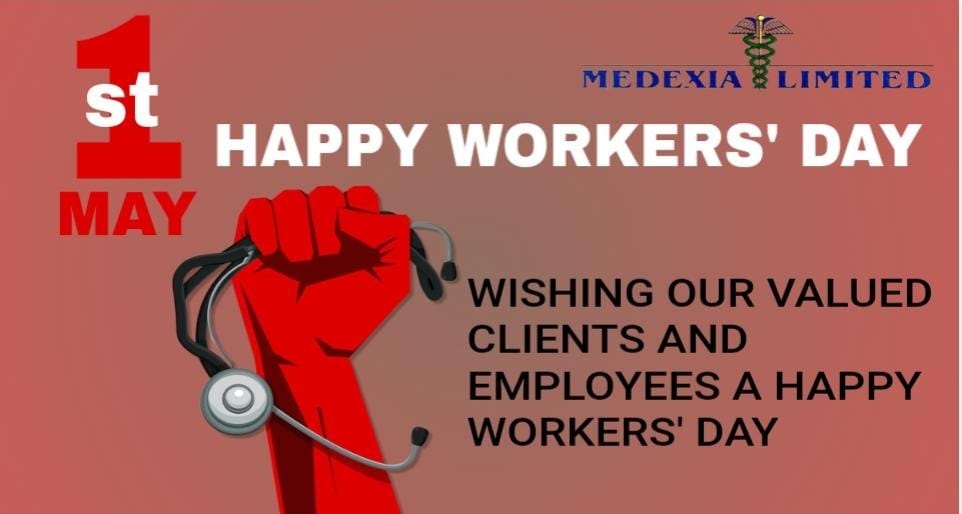
Category Archives: Blogs
STRESS – THE SILENT KILLER
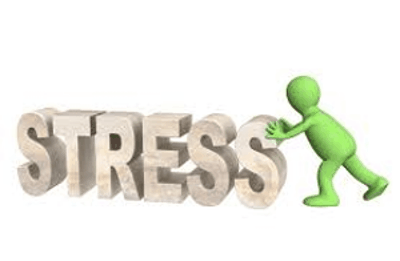
What Is Stress?
According to verywellmind.com, stress can be defined as any type of change that causes physical, emotional, or psychological strain. Stress is your body’s response to anything that requires attention or action.
Day to day demands from the home front and workplace can sometimes be overwhelming. Some people even juggle up for four different roles. In all, the body responds by flashing the red signal: Stress.
How do you know you are Stressed?
Watch out for some subtle but glaring signs of stress.
- Exhaustion or trouble sleeping.
- High blood pressure.
- Stomach or digestive problems.
- Changes in mood.
- Clammy or sweaty palms.
- Digestive problems.
- Feeling anxious.
- Frequent sickness.
- Grinding teeth.
- Low energy.
- Muscle tension, especially in the neck and shoulders.
- Aches and pains.
- Racing heartbeat.
Stress can also lead to emotional and mental symptoms like:
- Anxiety or irritability.
- Panic attacks.
Stress Prevention is a must.
The following tips can help you put stress on the rear.
- Try relaxation activities, such as meditation, yoga, tai chi, breathing exercises and muscle relaxation. Programs are available online, in smartphone apps, and at many gyms and community centres.
- Take good care of your body each day. Eating right, exercising and getting enough sleep help your body handle stress much better.
- Stay positive and practise gratitude, acknowledging the good parts of your day or life.
- Accept that you can’t control everything. Find ways to let go of worry about situations you cannot change.
- Learn to say “no” to additional responsibilities when you are too busy or stressed.
- Stay connected with people who keep you calm, make you happy, provide emotional support and help you with practical things. A friend, family member, neighbour or member of your church can become a good listener or share responsibilities so that stress doesn’t become overwhelming.
How to relieve stress.
If you are already living with stress, you can cope. According to clevelandclinic.org, you can’t avoid stress, but you can stop it from becoming overwhelming by practising some of these daily strategies:
- Exercise when you feel symptoms of stress coming on. Even a short walk can boost your mood.
- At the end of each day, take a moment to think about what you’ve accomplished — not what you didn’t get done. Take stock of everything you achieved for the day and be grateful for your little successes. Consciously celebrate yourself.
- Set goals for your day, week and month. Narrowing your view will help you feel more in control of the moment and long-term tasks.
- Consider talking to a therapist or a member of the clergy about your worries. Do not bottle up your feelings of worry or anxiety.
Health Tips You Should Consider This Year
It is never too late to get on the right path if you’ve been treading the wrong path. One of the areas to pay close attention to is your health. It sure demands your full attention as your new year goals will not be fulfilled when you’re unhealthy or bed ridden. So we compiled seven tips that are sure to guarantee you premium health condition when you follow through with them.
- GET ENOUGH SLEEP
It’s been observed that an average human does not get enough sleep each night. Sleep is very important and getting enough quality sleep cannot be overstated.
Poor sleep can drive insulin resistance, disrupt your appetite hormones, and reduce your physical and mental performance.
What’s more, poor sleep is one of the strongest individual risk factors for weight gain and obesity. One study linked insufficient sleep to an 89% and 55% increased risk of obesity in children and adults, respectively.
- DRINK SOME WATER, ESPECIALLY BEFORE MEALS
Drinking enough water can have numerous benefits. Surprisingly, it can boost the number of calories you burn.

Two studies note that it can increase metabolism by 24–30% over 1–1.5 hours. This can amount to 96 additional calories burned if you drink 8.4 cups (2 liters) of water per day.
The optimal time to drink it is before meals. One study showed that downing 2.1 cups (500 ml) of water 30 minutes before each meal increased weight loss by 44%.
- AVOID BRIGHT LIGHTS BEFORE SLEEP
When you’re exposed to bright lights in the evening, it may disrupt your production of the sleep hormone melatonin.
One strategy is to use a pair of amber-tinted glasses that block blue light from entering your eyes in the evening.
This allows melatonin to be produced as if it were completely dark, helping you sleep better.
- EAT VEGETABLES AND FRUITS
Vegetables and fruits are loaded with prebiotic fiber, vitamins, minerals, and many antioxidants, some of which have potent biological effects.
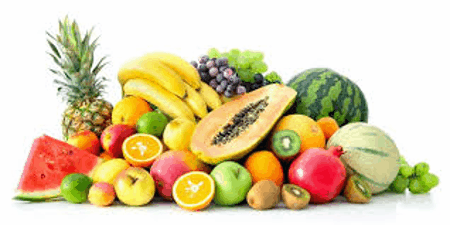
Studies show that people who eat the most vegetables and fruits live longer and have a lower risk of heart disease, type 2 diabetes, obesity, and other illnesses.
2021 WORLD CANCER DAY
CANCER
2021: The ultimate year of the “I am and I will” campaign against cancer.
• Generic term for a large group of diseases that can affect any part of the body. Other terms used are malignant tumor and neoplasm.
• One defining feature of cancer is the rapid creation of abnormal cells that grow beyond their usual boundaries, which can then invade adjoining parts of the body and spread to other organs. This process is referred to as METASTASIS. Metastases are the major cause of death from cancer.
• It is a leading cause of death worldwide and accounting for about 9.5million deaths
The main types of Cancer are: lung, stomach, liver, colorectal and breast.
Most cancer deaths occurred in low and middle income countries
WHAT CAUSES CANCER?
Cancers arise from one single cell and the transformation from a normal cell into a tumor cell is a multistage process. These changes are the result of the interaction between a person’s genetic factors and three categories of external agents which are:
1. Physical Agents: ultraviolet and ionizing radiation.
2. Chemical Agents: asbestos, components of tobacco smoke.
3. Biological Agents: infections from certain viruses, bacteria and parasites.
Age is another fundamental factor for development of cancer.
RISK FACTOR FOR CANCERS
Genetics, Tobacco use, alcohol use, unhealthy diet and chronic infections from Hepatitis B (HBV), Hepatitis C (HCV) and some types of Human Papilloma Virus (HPV).
HOW CAN THE BURDEN OF CANCER BE REDUCED?
Cancer can be reduced by a) Prevention b) Early detection c) Management of patients with cancer.
- Prevention (30-40% of cancer can be prevented)
- Increase avoidance of lifestyle modifiable risk factors
- Vaccinate against human papilloma virus implicated in cancer of the cervix and Hepatitis B virus (HBV)
- Control occupational hazards e.g. workers in Coal mines.
- Reduce exposure to sunlight will help reduce the incidence of skin cancers.
- Early detection (30% can be cured through early diagnosis and treatment)
Deaths from cancer can be reduced if cases are detected and treated early. There are two components of early detection.
- Early Diagnosis
The awareness of early signs and symptoms in order to facilitate diagnosis and treatment before diseases become advanced.
- Screening
Systematic & routine screening of the population. It aims to identify individuals with abnormalities suggestive of a specific cancer and refer them promptly for diagnosis and treatment.
For example – Mammogram for Cancer of the breast, PAP Smear for Cancer of the Cervix, PSA for prostate cancer.
- Management of a patient with cancer
It is a series of interventions including surgery, radiotherapy, chemotherapy and psychosocial support that is aimed at cutting the disease or considerably prolonging life while improving the patient’s quality of life.
2021: Together, all our actions matter…
Immune boosting diet to prevent disease

You are what you eat’ is a common saying that depicts the importance of diet to human existence. It is of particular importance when we talk about our health. Certain food items are better taken or avoided in certain health conditions. For example, people with high blood pressure are advised to reduce their salt intake.
However, as a general rule taking a balanced diet – a diet rich in essential nutritional ingredients like carbohydrate, Protein, vitamins and minerals is prescribed for a healthy living.
Certain food items that are rich in vitamins and anti-oxidants are known to be good immune boosters such food items include but not limited to:
Green leafy vegetables
Sweet potato
Watermelon
Carrot
Oyster /other sea food
Ginger
Garlic
Low fat yogurt.
Chicken soup.
Taking these regularly will ensure good health for the individual and infections and diseases will be far away.
